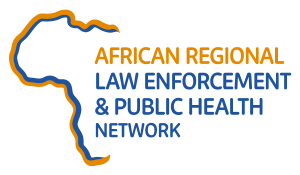
Harm Reduction International has monitored the use of the death penalty for drug offences worldwide since our first ground-breaking publication on this issue in 2007. This report, our eleventh on the subject, continues our work of providing regular updates on legislative, policy and practical developments related to the use of capital punishment for drug offences, a practice which is a clear violation of international law.
The Death Penalty for Drug Offences: Global Overview 2021 found that:
- 35 countries still retain the death penalty for drug offences.
- At least 131 people were executed for drug offences in 2021 – a 336% increase from 2020. However, due to a severe lack of transparency, if not outright censorship, this is only a partial picture. This figure likely represents only a fraction of all drug-related executions carried out globally.
- There was an 11 percent increase year in known death sentences for drug offences from the previous year. A minimum of 237 death sentences for drug crimes were reported in atleast 16 countries.
- Roughly a tenth of all known death sentences for drugs were given to foreign nationals. This brings with it a host of fair trial and human rights concerns, as well as heart-breaking stories of people stuck outside of their home countries.
- No drug-related executions were carried out in Saudi Arabia, for the first year in over a decade.
- No one was executed in Singapore for the second consecutive year and in Indonesia for the fifth consecutive year.
- At least 3000 people are believed to be on death row for drug offences.
- A number of individuals on death row for drug offences experience physical and/or mental health issues. At least three people with mental health issues or intellectual disability are currently on death row for drug offences in Singapore.
- After a year-long hiatus, drug-related death sentences were confirmed in Bangladesh (3+), Egypt (11+) and Kuwait (1+). Death sentences for drug offences were also reported for the first time since 2018 in the United Arab Emirates (1+), and in Iraq (2+).
View and download the full report and executive summary here






